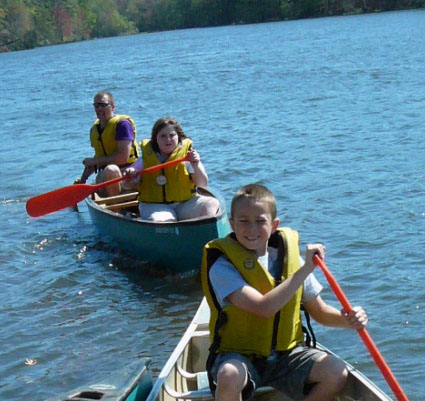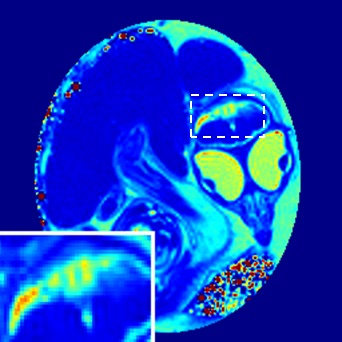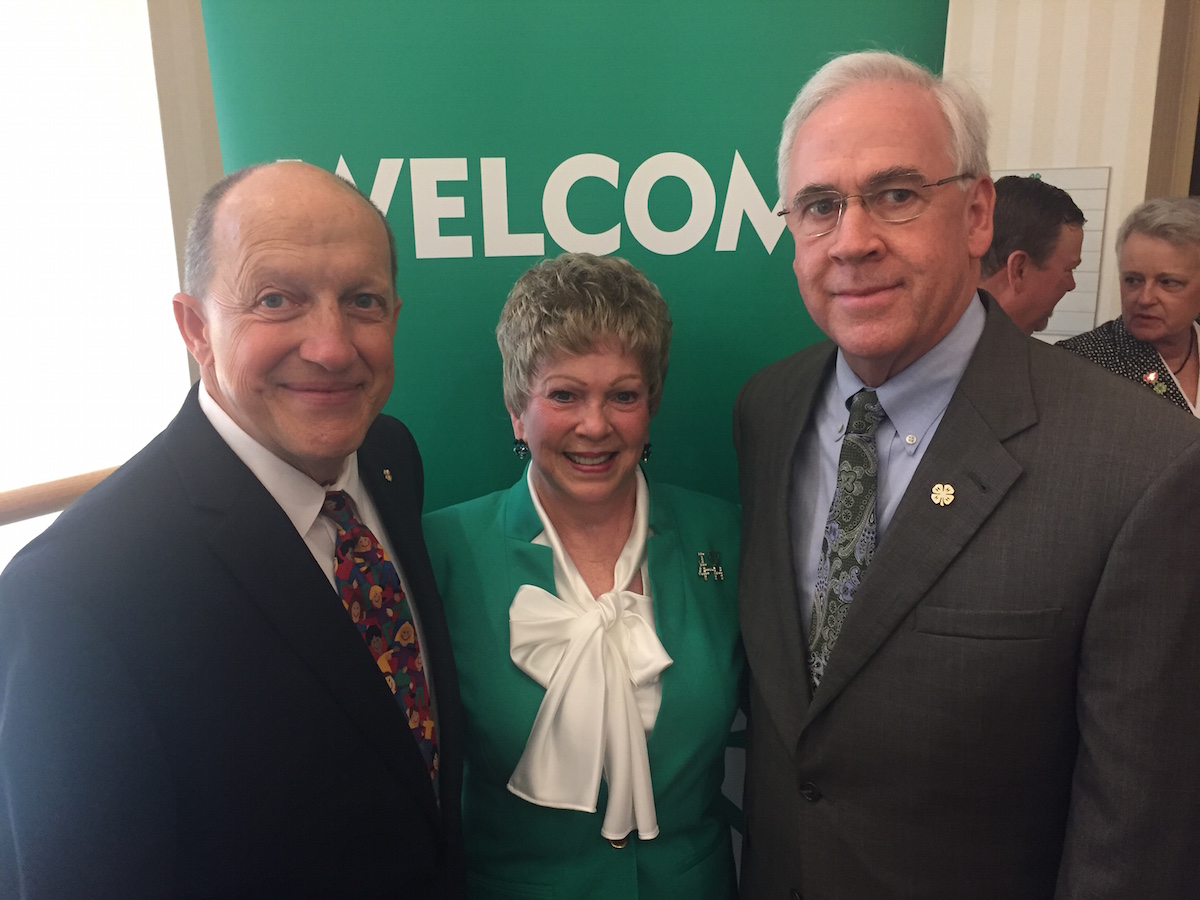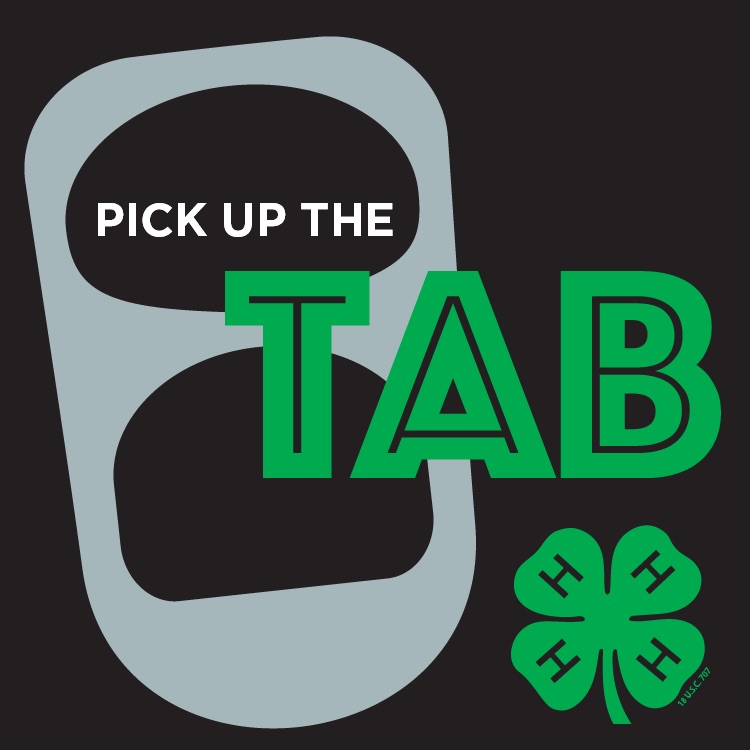4-H’ers are three times more likely to contribute to their communities than youths not participating in 4-H, according to a study by Tufts University.
The study shows that 4-H’ers thrive through the health and science education and career preparation they receive through 4-H programming. Compared to non-4-H youths, 4-H'ers spend more hours exercising or being physically active. 4-H’ers also have higher educational achievement and higher motivation for future education, reporting better grades and an elevated level of engagement at school.
Volunteering in their communities
The structured learning, encouragement and adult mentoring that young people receive through 4-H plays a vital role in helping them actively contribute to their communities, the study said.
“The findings presented in the Tufts study are evidence that the young people who are involved in 4-H are better equipped to lead more productive and altruistic lives,” said Donald T. Floyd, Jr., president and CEO of National 4-H Council. “Although 4-H has been the largest youth development program in the nation for more than 100 years, many people are unaware of the incredible and uncommon commitment of 4-H’ers to break through obstacles, tackle big problems and make measurable contributions where they live.”
Students across the nation surveyed
Officially named the 4-H Study of Positive Youth Development, the Tufts research is an on-going study that started in 2001 with support from the National 4-H Council. Richard Lerner, a youth development scholar, works with researchers at the Institute for Applied Research in Youth Development at Tufts University to conduct the study.
Youths are measured in “waves” across time which compared those that participate in 4-H to those that do not. The study is currently in wave seven. The 6,885 adolescents surveyed are racially and geographically diverse, representing 45 states.
In Georgia, 4-H’ers are leading issues in their towns, counties and state.
Health walks, performing arts and animal saving
In Columbia County, Ga., Ryan Rose’s commitment to learning about heart disease in women led to a community-wide walk and educational program, a school-wide “Wear Red” day and donations to the American Heart Association. Through his 4-H project, Rose learned about heart disease and sought to teach others. From middle school 4-H meetings to links on his high school’s website, Rose worked to involve his community in understanding and working to prevent heart disease in women in his county.
Mary Allison Lathem combines her love for performing with helping children in Covington, Ga. She formed a community performing arts club and offered programs for at-risk youths visiting the Washington Street Community Center. Thirty-five children in the community center’s after-school program now meet weekly to explore dance, music, acting, puppetry and costuming.
Lathem’s efforts and community connections led to club members attending performances of the Nutcracker and the Wizard of Oz, the first live performances most of the students had seen. Local teachers say students in the performing arts club have improved performance and the director of the county’s after-school programs uses the program as a model for all after-school programs to incorporate performing arts.
In Georgia, 62 percent of animals in shelters are euthanized each year. After learning that her hometown has an even higher rate, Putnam County 4-H’er Eryn Parker sought to find a solution. Partnering with Petfinders, a national website, Parker photographed animals and posted descriptions to help find the strays new homes. She linked the information to the Putnam County Animal Control Facebook page and posted flyers in the community. With the help of her fellow 4-H’ers, Parker’s work increased the adoption rate of animals from Putnam County Animal Control by 42 percent.
The Georgia 4-H program is carried out by University of Georgia staff in counties across the state. To connect with your local 4-H program, call 1-800-ASK-UGA1 or visit the website georgia4h.org.






